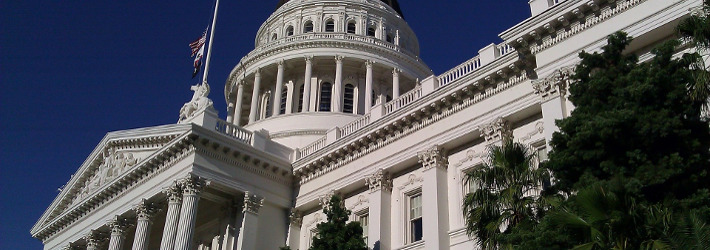The Act’s Objectives
- USPTO data indicate that as many as 80% of instituted Patent Trial and Appeal Board (PTAB) proceedings that reach a final written decision (FWD) result in the invalidation of at least one challenged patent claim, with 65% of those proceedings resulting in the invalidation of all challenged patent claims.
- According to the Act’s sponsors, the Promoting and Respecting Economically Vital American Innovation Leadership Act (“PREVAIL Act”) reforms rules and procedures at the PTAB to promote fair treatment for inventors, improve efficiency, and ensure that the USPTO has the resources it needs to effectively administer a patent system that incentivizes American innovation and enables U.S. inventors to compete.
The provisions of the bill include:
Promotion of Innovation and Competitiveness:
Standing: The PREVAIL Act would introduce a standing requirement to challenge a patent at the PTAB – i.e., the challenger must have been sued or threatened with a patent infringement lawsuit before filing a PTAB challenge. The bill also limits multiple PTAB challenges against the same patent by prohibiting any entity financially contributing to a PTAB challenge from bringing its own challenge.
Time Bar: The bill aims to close the loophole through which a time-barred party, joining a PTAB proceeding brought by another party, could challenge patents after the PTAB filing deadline expires. The PREVAIL Act establishes a rebuttable presumption against joinder for a time-barred party and prohibits such a party from maintaining the proceeding after the original challenger settles.
Multiple Petitions and Estoppel: Multiple petitions against the same patent will no longer be allowed, unless the patent challenger is later charged with infringement of additional claims of the patent. A party will be required to raise all arguments in one challenge to protect a patent owner’s right to “quiet title” over the invention. The PREVAIL Act limits serial petitions by applying estoppel at the time the challenge is filed, rather than after a PTAB FWD. Under the Act, estoppel applies to all grounds that the patent challenger raised or reasonably could have raised in the petition, and applies to joined parties as if they were the first petitioner.
Claim Construction and Burden of Proof: The bill will harmonize the PTAB claim interpretation and burden of proof with federal district courts – i.e., the Act requires the PTAB to find a patent invalid by “clear and convincing” evidence and requires the PTAB to interpret claims using the same “plain and ordinary meaning” standard used in federal district courts.
Improve Transparency and Reduce Influence: The Act aims to improve transparency and influence over decisions by preventing supervisors from communicating with panel members to influence their merits decisions, and requiring different judges than those on the original panel to rehear cases. The Act also codifies the Director Review process, and requires the Director to issue separate written opinion when rehearing PTAB decisions. Further, the Act requires the Director to establish a code of conduct for PTAB judges.
Deadlines: The Act includes deadlines for decisions to be issued on requests for rehearing and requests for Director Review, as well as for remands after appeal.
Avoiding Duplicative Proceedings:
Duplicative Challenges in Different Forums: The Act aims to end duplicative patent challenges. The bill requires a party to choose between making its validity challenges before the PTAB or in another forum, such as federal court, to avoid having several bites at the apple. If a party is already involved in a separate proceeding, the bill requires that party to agree not to pursue the claims in their PTAB petition in that court, or any other forum.
Prior Decisions: The bill aims to prioritize prior patent validity decisions. The PREVAIL Act requires the PTAB to deny a petition or dismiss a proceeding if another forum – such as a federal court – has already upheld the validity of the patent at issue.
Art and Arguments Previously Considered by the USPTO: The Act requires the USPTO to reject a PTAB challenge or the request to reexamine a patent where the challenge or request includes arguments that were previously considered by the USPTO, absent exceptional circumstances. Therefore, multiple proceedings asserting the same prior art and arguments will be rejected.
USPTO Resources:
Fees: The PREVAIL Act ends the practice of diverting fees collected by the USPTO to other unrelated federal agencies and programs by establishing a new revolving fund in the U.S. Treasury to ensure the USPTO has the funding necessary for timely and quality examination.
Small Businesses: The Act supports small business by requiring the Small Business Administration to draft two reports examining the impact of patents and abusive demand letters on small businesses. The bill also expands access to patent-searching databases currently available only in-person at public search facilities.
Micro Entity Definition: The bill clarifies that institutes of higher education and inventors who obtain a majority of their income from employment at an institute of higher education qualify as micro entities.
Motions to Amend:
Guidance on Motions to Amend: The bill codifies the Motion to Amend (MTA) Pilot Program, which allows patent owners to request preliminary guidance from the PTAB on proposed substitute claims in a MTA, and provides the opportunity to revise the MTA after receiving guidance.


